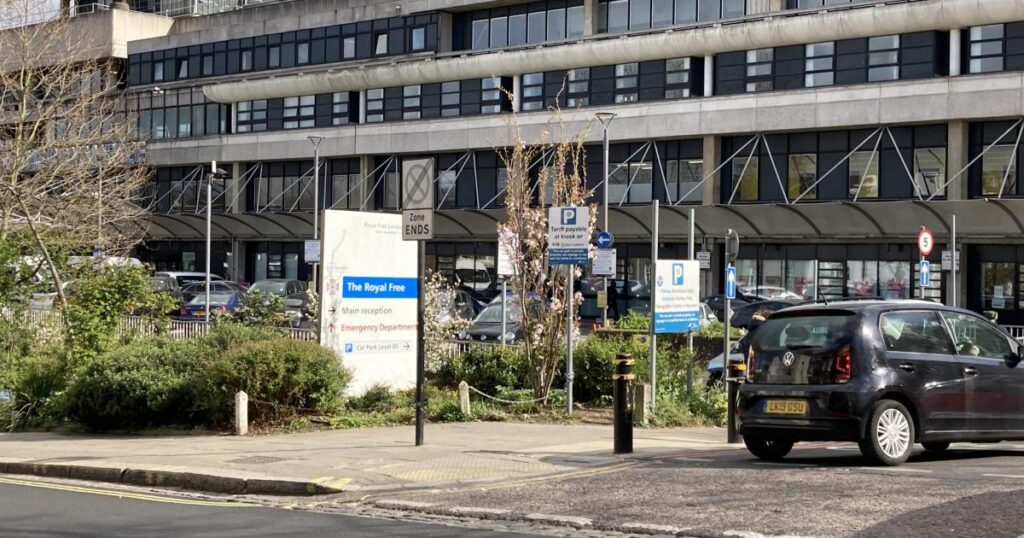Ofsted inspectors visited Royal Free Hospital Children’s School, in Pond Street, Hampstead, on February 4 for an ungraded inspection.
The purpose was to see whether it had maintained standards since its last graded inspection in 2019, when it was judged ‘outstanding’ in quality of education, behaviour and attitudes, personal development and leadership and management.
The report, published on April 1, said the evidence suggested that “aspects of the school’s work may not be as strong as at the time of the previous inspection”.
Inspectors said a new headteacher was installed in September and changes to the curriculum made and that they will return for a graded inspection.
Ofsted said: “Because the school is at the early stages of designing a curriculum that responds to the recent changes it has seen in the needs of the pupils, the delivery of the curriculum is not yet consistently effective.
“As a result, in some subjects pupils do not build their knowledge well enough over time.”
The school caters for 33 pupils aged five to 16 with a range of medical and mental health needs, across three sites including inpatients at the Royal Free Hospital.
Some pupils have additional needs, including some with education, health and care plans.
Inspectors said: “This is a school where each pupil is valued and celebrated for who they are and what they can do. Most have had a turbulent time in education and they often join the school feeling that education has little to offer them.
“Staff work hard to change this view.”
The report notes that staff have created a safe space, where pupils can learn and who are proud to attend.
It adds: “After spending time at The Royal Free Hospital School, even pupils who have previously spent one or two years in their bedrooms often thrive when they return to a mainstream school.”
Pupils are “polite, welcoming and cooperative” and their behaviour “exemplary” so that even low-level disruptive behaviour “does not hinder other pupils’ learning”.
Inspectors said the school has outlined a “compelling vision” for the next phase of the curriculum, aiming to ensure it better addresses the diverse needs of the pupil cohort.
Because the school is in the early stages of this work inspectors said that sometimes pupils are not taught ideas in a logical order, and they do not progress through the curriculum as well as they should.
However they said pupils work towards a range of qualifications, including GCSEs in English and mathematics, and achieve some success.
The curriculum is enriched through a range of additional subjects and therapies which includes equine therapy, art therapy and drama therapy.
These help pupils to develop social skills and resilience strategies to deal with previous trauma, the report said.
Inspectors added: “The school is tenacious about ensuring pupils’ attendance at school improves. Every effort goes in to help pupils engage with learning.
“Even the structure of the school day has been carefully designed to re-engage and enrich pupils’ lives beyond the academic curriculum.
“As a result, most are keen to attend.”
They said the school and hospital are “highly integrated”, with the school staff attending and contributing to daily clinical meetings.
“The school’s work helps normalise the hospital experience for pupils, and this sense of familiarity supports pupils during difficult times,” inspectors said.
“Leaders, staff and governors share an unwavering vision for every pupil to thrive.
“The school and governors work well together and are clear about what needs to be done to improve the school’s performance.”
The school did not respond to a request for comment.




